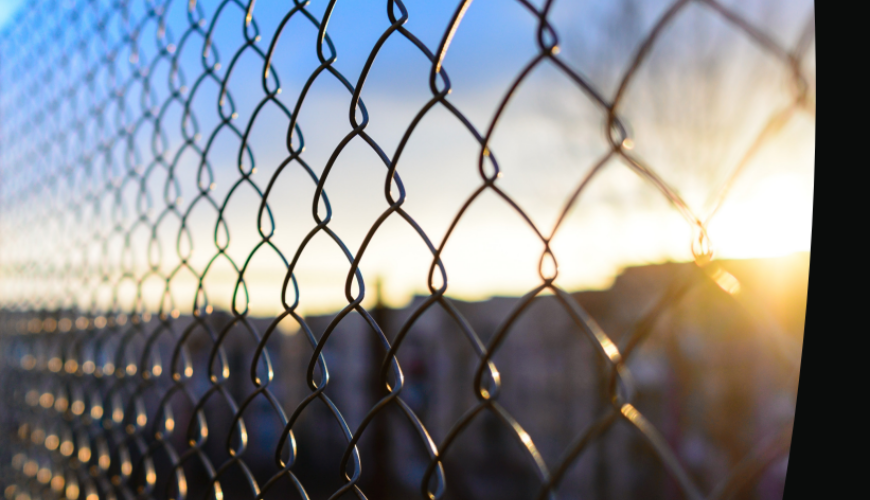Inspection report: “serious concerns” at Yongah Hill Detention Centre

An inspection report by the Australian Human Rights Commission has found that a high-security immigration detention centre in Western Australia was, in part, “no longer fit for purpose”, and raised serious concerns over safety conditions and the level of care for detainees and staff.
The Yongah Hill Immigration Detention Centre Inspection Report followed a two-day inspection of the adult male facility, located in the town of Northam, east of Perth, led by Human Rights Commissioner Lorraine Finlay in 2023.
Inspectors found safety was a key concern, with a reported rise in behaviours frequently associated with the prison system, including the trafficking of drugs and other contraband, bullying and standover tactics, and violence.
The report also said there was a concerning “lack of access to healthcare”, including emergency, out-of-hours, and mental health services, which presented “a very significant risk to people detained”. The wellbeing of detainees, many of whom were detained due to visa cancellations based on character grounds, is closely linked to the overall safety at the centre.
In total, 33 recommendations were made to the Department of Home Affairs, aimed at improving conditions at Yongah Hill – as well as at all immigration detention centres under Australian jurisdiction.
The recommendations include:
- Decommissioning “inadequate” low security compounds and replacing them with smaller compounds, to reduce the heightened risk of criminal behaviour, as well as other safety and privacy concerns.
- A review of officer staffing at some compounds, with an intent to increase numbers.
- Bolstered search powers for staff where there is reasonable suspicion of drug concealment.
- An independent review of healthcare services to “urgently” improve access to clinical staff, out-of-hours and emergency care, and mental health and trauma services.
- Increased counselling, harm minimisation, and rehabilitation services, with current alcohol and drug services inadequate.
- Reducing the use of physical restraints, such as handcuffs, during medical transfers.
“Parts of Yongah Hill are no longer fit for purpose. A majority of the people interviewed told us that they felt unsafe in detention. The welfare and safety of both detainees and staff must be paramount,” said Human Rights Commissioner Lorraine Finlay.
“But there must be a nuanced approach. Safety is about how you treat people, not just how you keep them secure.
“The cohort of people entering immigration detention has changed significantly over the years. Drug infiltration and substance misuse is a multi-faceted and complex issue, one which cannot simply be resolved through tighter security measures. Access to essential health services, rehabilitation and meaningful activity must be urgently addressed.”
The Department’s official response either accepted or partially agreed with 20 of the recommendations, disagreed with seven, with the remaining six requiring Government consideration.
“We welcome the Department’s cooperation in enabling inspections, and that a substantial number of our recommendations were accepted. However, we believe all 33 recommendations should be accepted and acted upon,” Commissioner Finlay said.
“Concerns that the Commission has long held about aspects of Australia's immigration detention system, and our compliance with international human rights obligations, have been reinforced by what we observed during our inspection.”
The inspection came before the High Court ruling of NZYQ v Minister for Immigration, Citizenship and Multicultural Affairs [2023] last November, which found that unlawful non-citizens could not be kept in indefinite immigration detention once there was no real prospect of their removal from Australia.
Commissioner Finlay: “What is clear is that, in responding to the NZYQ ruling, it is essential to ensure that community safety is not compromised, but also that the policy responses adopted are measured, proportionate, and anchored firmly in respect for the human rights of all concerned.”
ENDS | Contact: media@humanrights.gov.au or 0474 837 577
